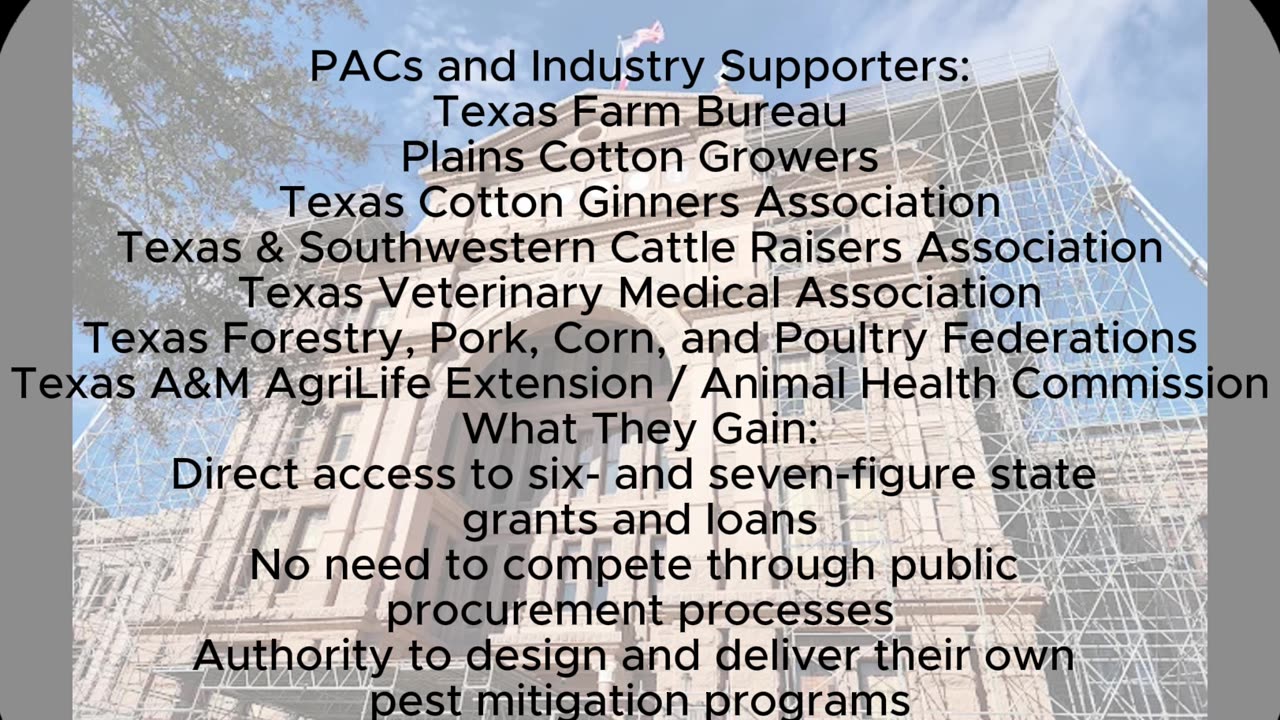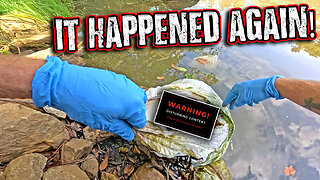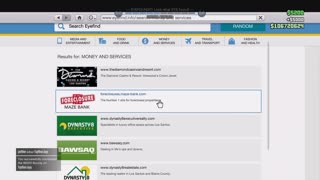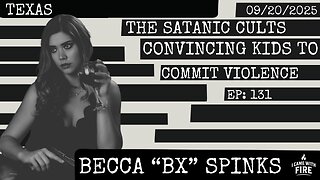Premium Only Content

"🚨 HB 43: What Looks Like a Farming Bill—Is Actually a Public Money Power Grab 🚨
Texas House Bill 43 says it helps farmers, fights pests, and protects rural land. Sounds good, right? Who wouldn’t want to support agriculture in Texas?
But here’s what the bill really does under the hood—and why every taxpayer should be paying attention.
🔎 What HB 43 Actually Does:
Lets a politically appointed board hand out up to $1 million in loans and $500,000 in grants—with no competitive process
Opens up these grants to nonprofits that say they protect farmland—even if they don’t actually grow anything
Creates a new “pest and disease” program that gives state funds directly to agencies like Texas A&M AgriLife—who can then design, apply for, and run the programs themselves
Removes old safeguards that capped how much one group could borrow, especially for things like boll weevil eradication
Allows applicants to use state money to apply for more state or federal money—stacking funding without any audit trail
📉 What’s Missing:
No requirement to show how recipients are selected
No public audit or third-party review of where the money goes
No spending caps or rules on administrative costs
No check from the Legislative Budget Board before large amounts of money are handed out
No protection for small, independent farmers trying to compete with big associations
💸 Who Benefits:
Big ag trade groups like the Texas Farm Bureau, Plains Cotton Growers, and Texas Cotton Ginners’ Association—they can now apply for larger public subsidies
State agencies like Texas A&M AgriLife and the Animal Health Commission—they’re named in the bill as guaranteed funding recipients, with no bidding required
Land-owning nonprofits who don’t actually farm but qualify by claiming to ""preserve agriculture use""
Politically connected players who sit on the TAFA board and now have massive discretion to approve funding
😶🌫️ Who’s Left Out or At Risk:
Small farmers who don’t have grant writers or political ties—because there’s no open application or scoring process
Rural communities that need help but can’t match 10% funding requirements
Taxpayers—because none of this money is subject to advance public review
Local officials—because this bill shifts power to a state-level board and bypasses local control
📜 Why It May Be Unconstitutional:
While I’m not a lawyer, HB 43 raises serious red flags:
It gives public funds to private groups without clear performance standards or accountability
It removes the Legislature from the funding loop, violating the principle that only elected lawmakers control state spending
It allows executive appointees to steer money behind closed doors, with no meaningful public input
It weakens procurement laws by letting agencies both apply for and execute programs—a direct conflict of interest
This isn’t just about agriculture. It’s about who gets to control public money—and who gets cut out of the process.
⚠️ Good goals don’t excuse bad governance.
Helping farmers and protecting Texas agriculture is important. But HB 43 does it by quietly stripping public control, bypassing oversight, and rewarding the most connected players.
If we let this slide, the same model could be used to privatize other state funds—quietly, permanently, and without the public ever knowing where the money went.
📢 Texans deserve real investment in agriculture—without backroom deals, insider pipelines, or unchecked boards.
If you care about where your tax dollars go and who gets to decide, you should care about this bill.
Watch who voted for it. Watch who profits from it.
Then speak up—because they’re counting on you not paying attention."
-
 16:39
16:39
Exploring With Nug
5 hours ago $2.77 earnedI Found a Car Underwater… and a Bag I Wish I Hadn’t Opened!
13K8 -
 LIVE
LIVE
NAG Entertainment
2 hours agoRUMBLE ROUNDTABLE: Twitter/X Space W/ChavezFlexingtn
110 watching -
 21:54
21:54
MYLUNCHBREAK CHANNEL PAGE
21 hours agoIstanbul Should Not Exist - Pt 2
37.4K8 -
 3:44:38
3:44:38
Michael Franzese
2 days agoOperation Freedom Fighter: Emergency Live
79.3K47 -
 1:08:10
1:08:10
Jeff Ahern
5 hours ago $4.48 earnedThe Saturday Show With Jeff Ahern
33.5K11 -
 6:11:36
6:11:36
Grant Cardone
9 hours agoGrant Cardone LIVE: The 10X Truth That Made My First $1 Million In Real Estate
52.7K8 -
 2:28:37
2:28:37
putther
6 hours ago $3.18 earned⭐ Bounty Hunting on GTA⭐
36.5K1 -
 11:14:06
11:14:06
Total Horse Channel
1 day agoAMHA 2025 9/20
110K3 -
 1:53:15
1:53:15
I_Came_With_Fire_Podcast
18 hours agoThe Satanic Cults Convincing Kids to Commit Violence
64.8K31 -
![Mr & Mrs X - [DS] Created Antifa To Push An Insurgency In This Country - Ep 8](https://1a-1791.com/video/fww1/f9/s8/1/k/f/O/j/kfOjz.0kob-small-Mr-and-Mrs-X-DS-Created-Ant.jpg) 1:02:13
1:02:13
X22 Report
10 hours agoMr & Mrs X - [DS] Created Antifa To Push An Insurgency In This Country - Ep 8
173K73